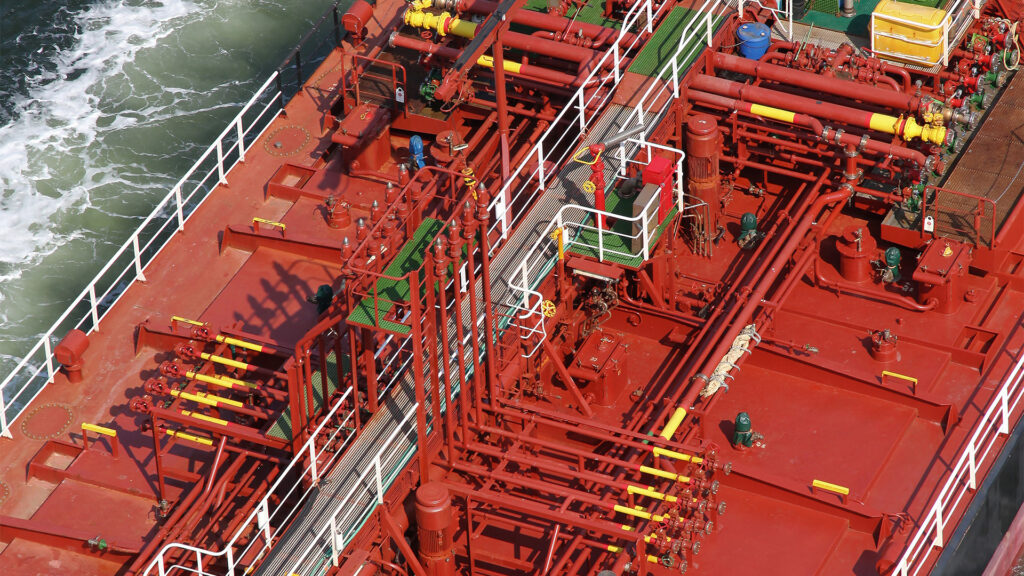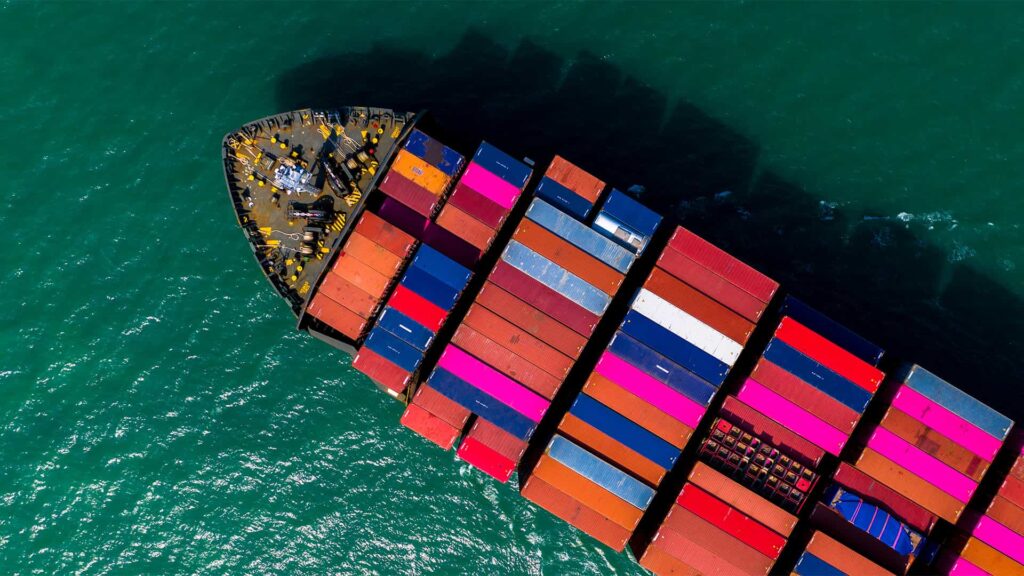Indonesia: Omnibus Law – Changes and Possible Impact on the Indonesia Shipping Sector
On November 2, 2020, the President of the Republic of Indonesia ratified and enacted the Indonesia Omnibus Law by the Law Number 11 of 2020 on Job Creation (Omnibus Law). The Omnibus Law comprehensively amends various sectoral laws with the aim of improving the investment ecosystem in Indonesia, attracting investors and creating job opportunities.
Indonesia Shipping Law (Law Number 17 of 2008 on Shipping) is one of the sectoral laws that is amended by the Omnibus Law which may have an impact on shipping activities in Indonesia.
Key changes
Integration and Simplification of Business Licenses
The Omnibus Law introduces a new structure of business licenses, integrated into a single business license called Perizinan Berusaha. This provides a new framework for granting business licenses in Indonesia, with the single business license consisting of business registration, standard certificates and special licenses based on the risk level of the business activities. The risk level is determined by the level of hazard and the potential hazard value of the business activities concerned.
The framework for granting business licenses is now as follows:
- For low-risk business activities, the business actor is only required to register its business activities in the Online Single Submission (OSS) system managed by the Indonesian OSS Agency in order to obtain a Business Identification Number (NIB).
- For medium to low risk business activities, the business actor must have the NIB and a standard certificate. The standard certificate can be issued in the form of a declaration by the company that it meets the required business standard for conducting its business activities.
- For medium to high risk business activities, the business operator must obtain the standard certificate from the central or regional government, which is the result of the government’s verification of the business actor’s compliance with the standard in the conduct of their business activities.
- For high-risk business activities, the company must obtain the NIB, standard certificate (as relevant) and a special business license before conducting its business activities.
It remains to be seen in which category shipping and related business activities will be included and what requirements a shipping company will have to meet to obtain its business license. Another issue that needs to be considered is how an existing shipping company, which has obtained the necessary business licenses and carried out its business activities in Indonesia, has to adapt its business licenses to comply with the Omnibus Law.
These requirements and procedures are likely to be provided for in the relevant government regulations to be issued following the enactment of the Omnibus Law.
Use of Foreign Vessels for Special Activities
The Omnibus Law maintains the cabotage principle for sea transport within Indonesia’s territorial waters. Therefore, it appears that there will be no major changes to general sea transport activities by the enactment of the Omnibus Law.
However, there is a new provision that was added by the Omnibus Law as an amendment to the Shipping Law with regard to specialised foreign vessel activities. The new clause provides that foreign vessels may carry out certain activities in Indonesian territorial waters that are not connected with the carriage of passengers or goods, as long as Indonesian flagged vessels are not available to carry out such activities. In addition, the Omnibus Law also removes the obligation for foreign vessels carrying out special activities to appoint a national shipping company as agent, which was previously provided for in the Shipping Law.
Although the use of foreign vessels for special activities was dealt with in the relevant sea transport regulations issued by the government and the Ministry of Transportation, these provisions have now been shifted to the law level as the higher hierarchy in the structure of laws and regulations in Indonesia.
Exemption to Indonesian Cabotage Principle
An exemption to the Indonesian cabotage principle where an Indonesian company may use foreign vessels to carry out certain activities was first introduced in 2011 by a government regulation as an implementing regulation of the Shipping Law, and was further regulated in the Minister of Transportation Regulation Number 92 of 2018, as lastly amended in 2019 by the Minister of Transportation Regulation Number 46 of 2019 (MOT 46/2019).
Under the MOT 46/2019, the specialised foreign vessels that can be used under the exemption are those vessels that are used for activities related to offshore drilling, offshore construction, oil and gas surveys, dredging, salvage and subsea work, offshore support operations, floating power plants and wharf construction vessels.
The MOT 46/2019 provides that the exemption for the use of foreign specialised vessels for certain activities in Indonesian waters is provided for until the end of December 2020. To date, there is no clear indication whether this regulation, including its deadline, will be extended by the government, so the use of foreign vessels for these activities could be restricted after the deadline.
Since the Omnibus Law now provides for amendments to the Shipping Law that allow the use of foreign specialised vessels for certain activities, this may address the concerns with regard to the deadline of the exemption to use foreign vessels in certain activities. The inclusion of the new provision on the use of foreign vessels in the Shipping Law may indicate that the government is planning a relaxation with respect to the use of foreign vessels for certain activities in Indonesia. However, in order to confirm this position, a thorough review of the implementing regulations of the Omnibus Law is necessary, which may contain more detailed provisions on these requirements.
Possible Changes to the Restrictions on Foreign Ownership in Shipping Companies
The government’s adoption of the Omnibus Law is aimed at attracting investors to invest and do business in Indonesia, especially in the sectors that are on the government’s priority list for investment.
One of the measures that may be taken by the government under the Omnibus Law is to relax restrictions or limitations on foreign ownership of Indonesian companies in the context of foreign investment (PMA companies). Although the Omnibus Law has not yet addressed the specific provisions on ownership restrictions in Indonesian companies in connection with foreign investment, there could be possible changes in this regard.
The Omnibus Law points out that the provisions on investment requirements will be further regulated in a presidential regulation to be issued following the enactment of the Omnibus Law. It remains to be seen to what extent this presidential regulation will change the restrictions on foreign investment in Indonesia, including in the shipping business activities.
Issuance of the Implementing Regulations of the Omnibus Law
The Omnibus Law provides that further provisions in the Omnibus Law shall be provided and regulated in governmental or presidential regulations and should be adopted within three months of the enactment of the law.
Pending the issuance of the relevant implementing regulations for the Omnibus Law, further reviews and analyses are necessary in order to obtain a more detailed overview of the Omnibus Law and its impact on various sectors, including the Indonesian shipping sector.
For further information, please contact the authors of this briefing;
Toby Stephens
Partner, Singapore
T +65 6411 5379
E toby.stephens@hfw.com
Indra Prawira
Consultant, Indonesia
T +62 816 742 463
E indra.prawira@hfw.com











